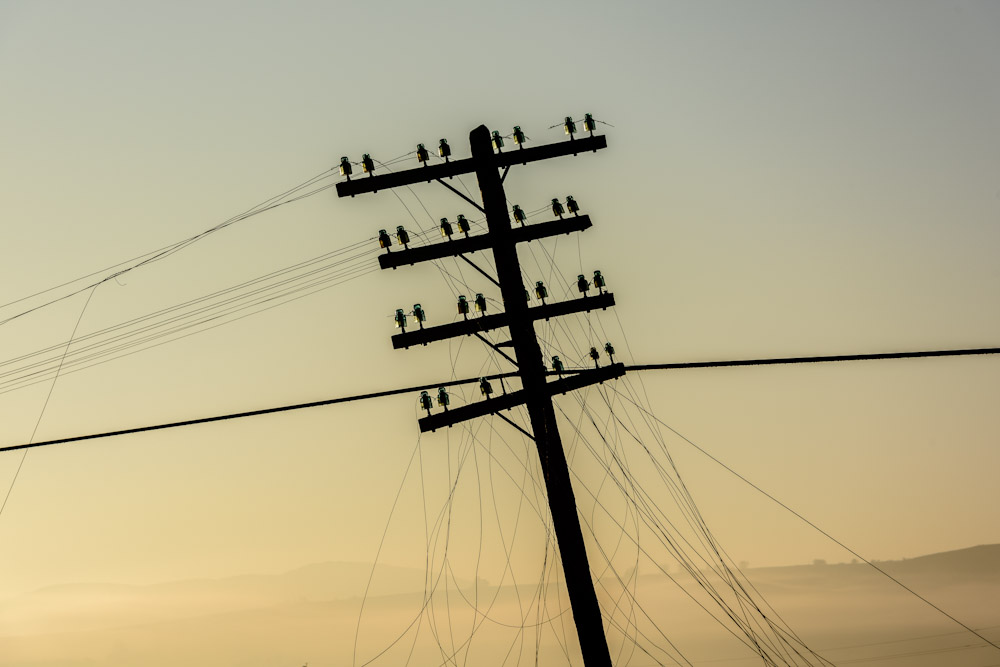Due to the sheer size and geographic diversity of the United States, it seems as though each state has its own microclimate creating unique volatilities in the form of storms and other weather disturbances. In the past few years, our country has experienced severe earthquakes, hurricanes, wildfires, flash floods, winter storms, tornadoes, and severe thunderstorms. According to Statista, there were 90 severe natural disasters throughout the U.S. in 2019, most contributing to significant, long-lasting power outages creating strife within a good number of homes.
Power Outages Cause Problems
Aside from simply losing light, loss of power can cause a host of significant issues. Here are just a few:
- Water Issues. Depending on how your water is sourced, power outages can affect the pumps that drive water to your plumbing. In addition, some water heating systems rely on grid power in order to function.
- Fridge and freezer. Needless to say, perishable foods will not stay refrigerated for long without powered fridges and freezers.
- Basement flooding. Many homes have an electric sump pump to remove excess water from the basement. It is not uncommon for basements to flood during a power outage.
- Damaged electronics. When electricity returns, it sometimes fluctuates dramatically, causing damage to appliances plugged into electrical outlets.
- Medical equipment. From CPAP machines to oxygen tanks and other equipment, power loss affects the utility of these machines.
- Labored Communication. The inability to charge phones or power computers over an extended period of time can create communication difficulties.
Although some power failures are caused by flaws in the electricity network such as electric transmission line damage or short circuits, most power outages are prompted by inclement weather— specifically, natural disasters. Because many catastrophic disasters such as tornados, earthquakes, flash floods, and more can’t be definitively forecasted in advance, homeowners must be prepared for such events.
Bridging the Power Outage Gap
The important question homeowners should be asking themselves is: how can I be prepared for an unexpected power outage situation?
Luckily, there are solutions that provide homes with off-the-grid power and can keep the lights on and appliances running for days on energy stores. Storz Power specializes in such solutions, providing state-of-the-art battery technology coupled with superior inverters for maximum power storage ready to be used at any moment. The process is relatively simple and begins with natural energy harnessed from the sun. Storz Power batteries and inverters work with your new or existing solar and provide flexible power in 6 easy steps:
1. Solar Panels
The sun hits the solar panels to produce energy. Because there is variability in the amount of sunlight, stable technology is required to make sure energy is properly stored and distributed.
2. Inverter
The solar panels are connected to the inverter, which converts the energy from the sun to energy that can be used in your home.
3. Battery Storage
Storz Power batteries are designed to store energy for later use.
4. Breaker Panel
You will have the ability to control your home’s appliances via a mobile application providing ultimate flexibility.
5. Energy
Use the appliances that you need to operate during a blackout or when you want to go off-grid.
6. Grid Power
In most cases, you can sell the extra energy you produce back to the utility company.
Illumination and Peace of Mind
In a world of unpredictability, we can only control what we can control. Fortunately, the energy that powers our day-to-day activities can be configured and controlled given the proper tools and solutions. In the event of a natural disaster, keep your home and family safe from the dangers of power loss while utilizing sustainable energy processes for convenient, environmentally friendly power year-round. If you have more questions about our power storage solutions and how they can help you keep your home safe and illuminated, contact us today.



